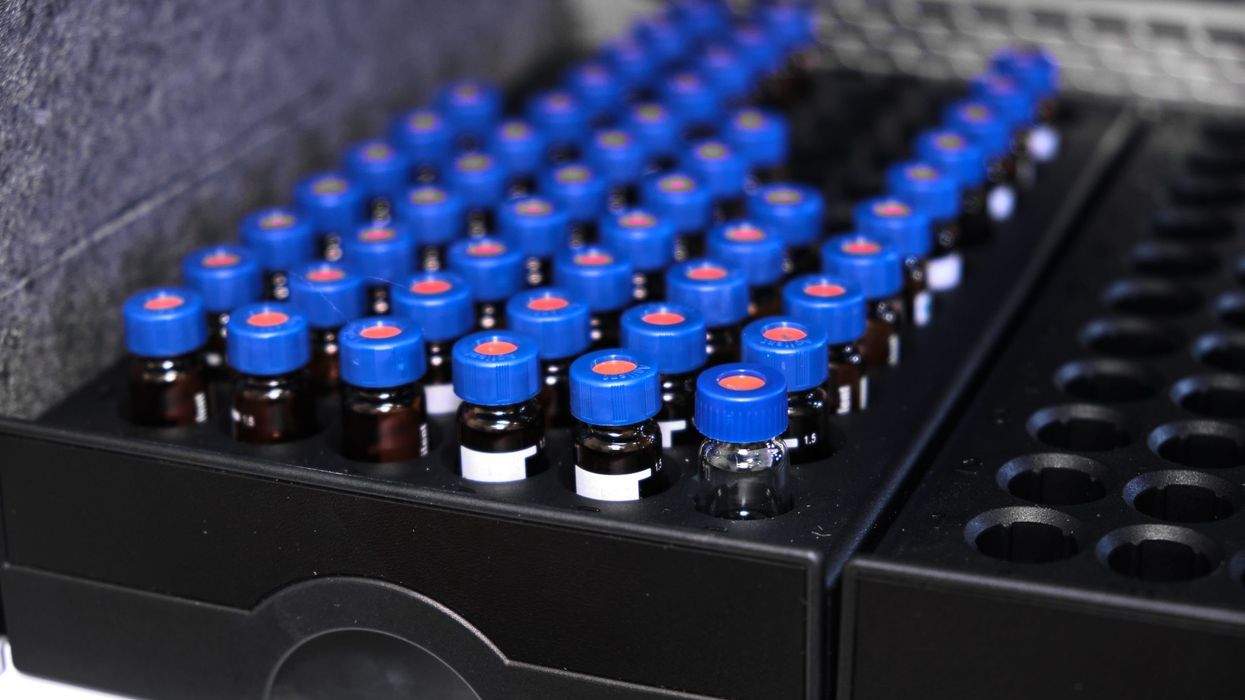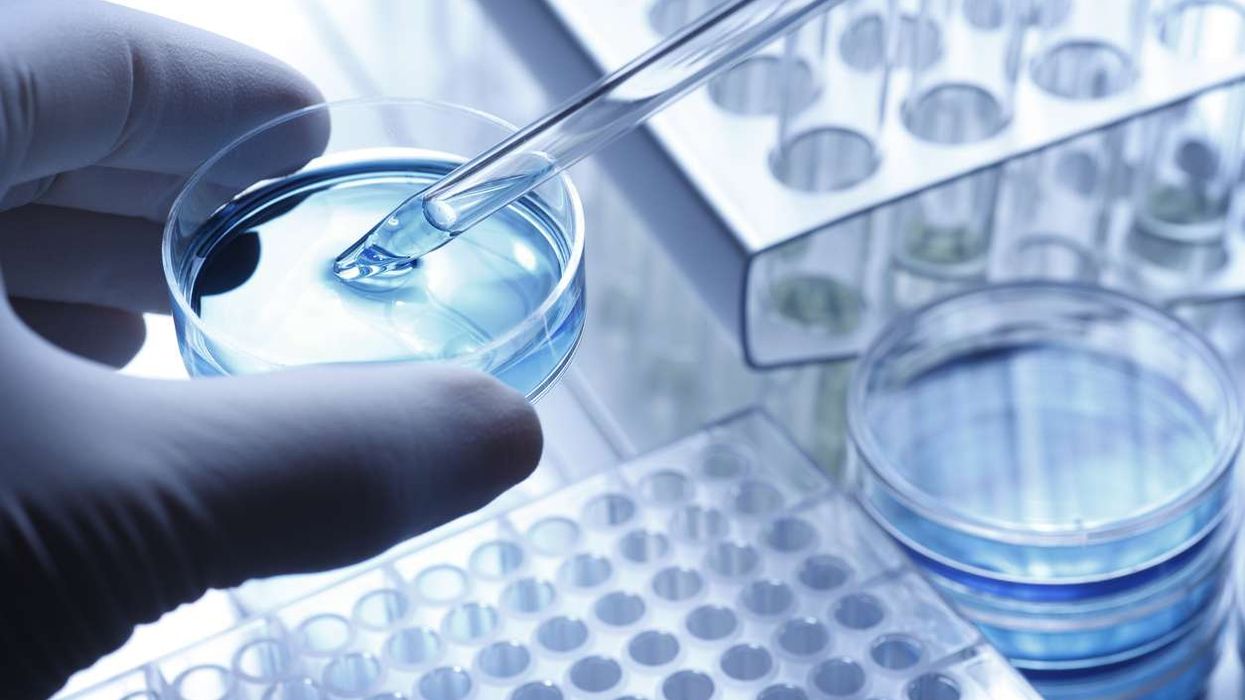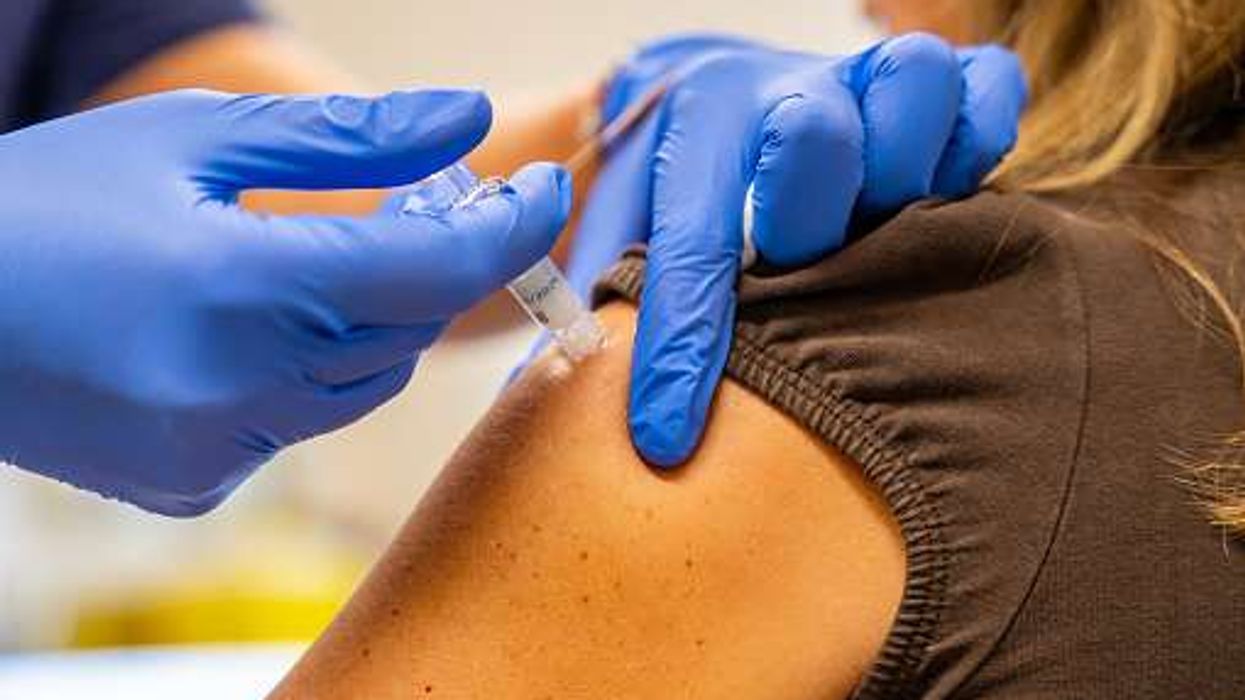Have you ever wanted to know how vaccines are sent out from a lab to your doctor’s office safely? Well, believe it or not, the integrity of the vaccines relies on how they have been packed just as much as how they are being transported. And the entire process is not as simple as you may think.
Traditionally, styrofoam boxes might work well to secure glass or delicate goods during transportation but when it comes to hauling vials of liquid vaccine solutions out to medical centres and hospitals; the packing process must be more rigorous-understandably.
The integrity of the vaccines, being transported, must adhere to particular protocols from the second they are packed right up to the moment they are administered. This process sounds strict and that’s because it is. If vaccines are not well-cared for, even during transit, then they are at risk of being contaminated or damaged therefore rendering them unusable. Incorrectly transporting vaccines, which will end up being destroyed, is something nobody wants to happen therefore vaccine transportation must be strict. One of the best ways to ensure the safe and efficient transit of medical goods, like vaccines, is by using bioprocess containers. These containers are specifically designed to maintain the integrity of sensitive biological materials throughout their journey.
But what makes them so effective?
How Bioprocess Containers Improve Vaccine Transportation
As we’ve said, the safe transportation of vaccines is crucial! Even the smallest of accidents or mishaps (mishandling) can result in the vaccines being compromised.
That’s where bioprocess containers (BPCs) come in, as they have emerged as an essential solution to overcome the many challenges linked to vaccine transportation logistics. These styles of containers are specifically designed to protect sensitive biologicals, delivering enhanced safety during transit.
One of the key features of bioprocess containers is their use of secondary liquid packaging to contain valuable vaccine solutions. This secondary layer, of protection, ensures that the primary packaging has additional support therefore minimising the risk of damage or leaks. BPCs are engineered to fit with pinpoint precision, reducing the risk of moving space and instead improving efforts to ensure their safety.
Moreover, BPCs can be customised to meet the specific needs of different vaccines, like sizes or temperature controls. This level of adaptability not only helps maintain a sterile environment but also ensures a smooth transportation process that doesn’t alter the vaccine solution itself.
Bioprocess containers can protect vaccines against contamination and damage, improving the reliability of their transportation. That way they’ll arrive at their destination intact and ready for use.












